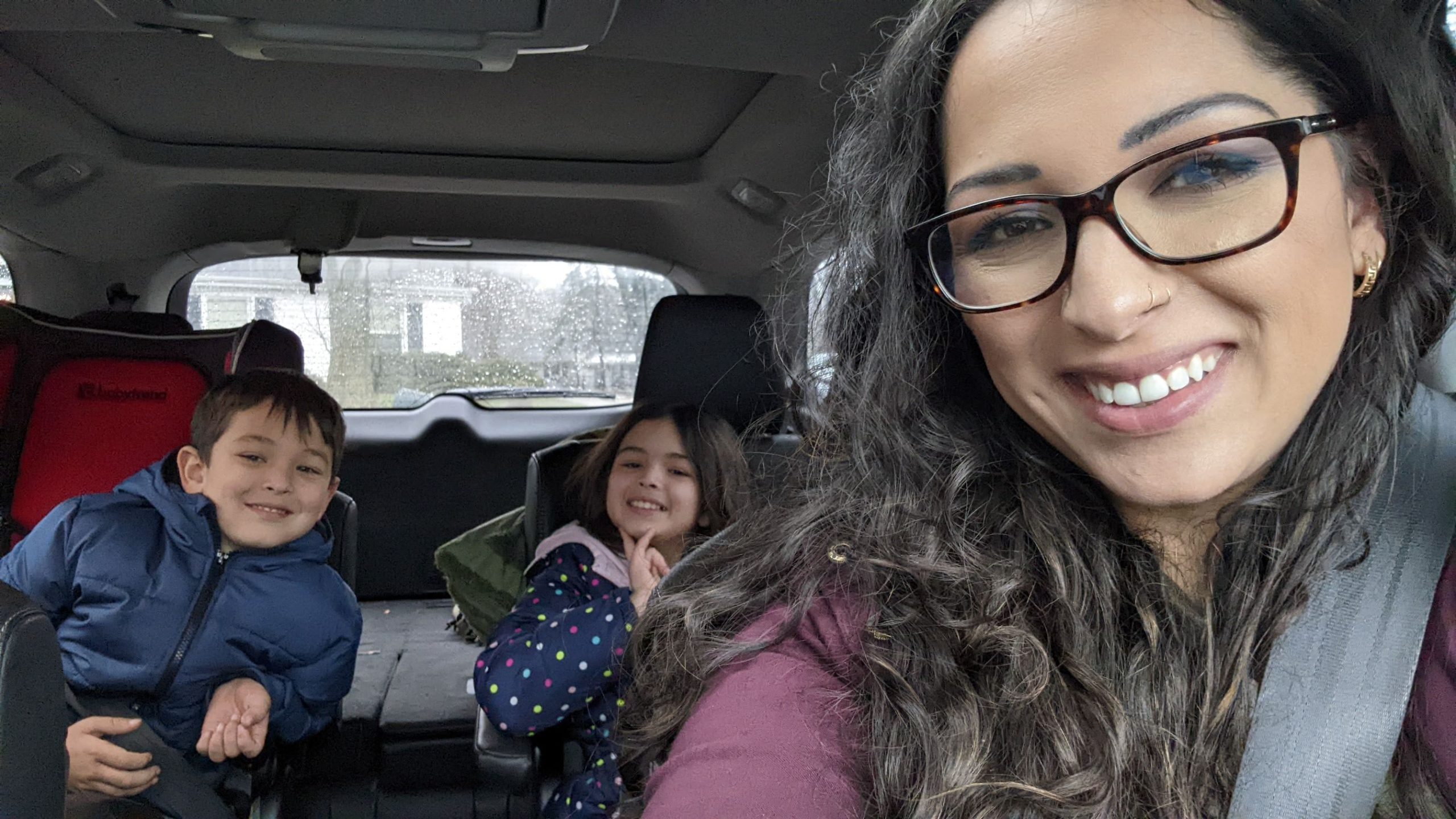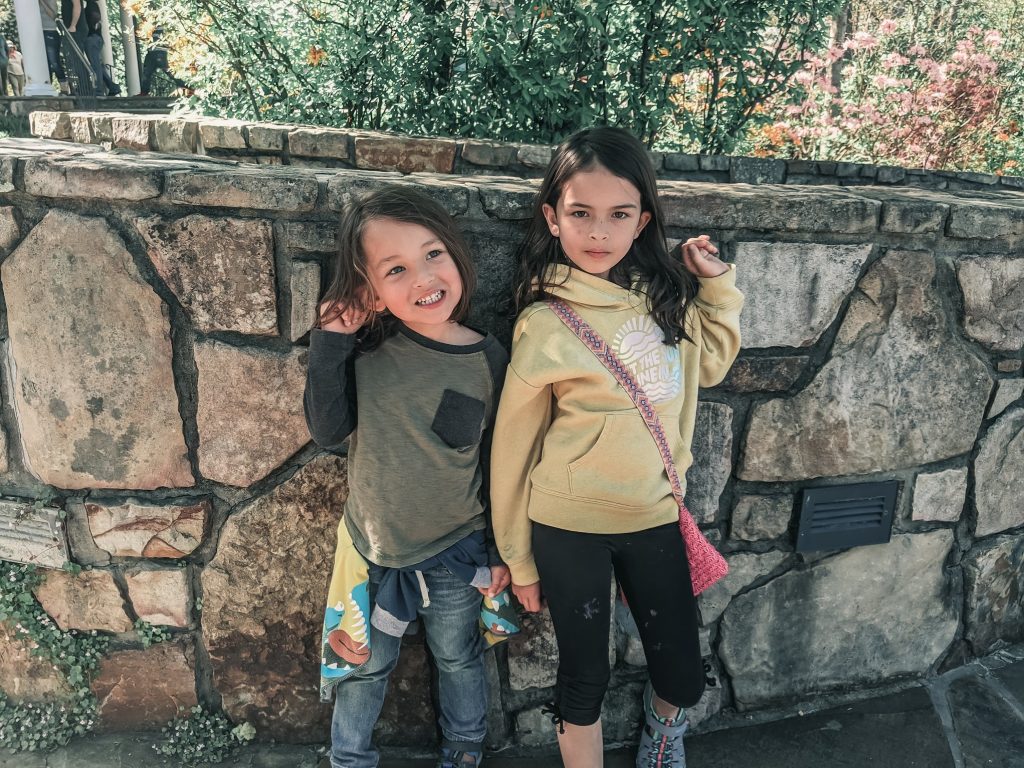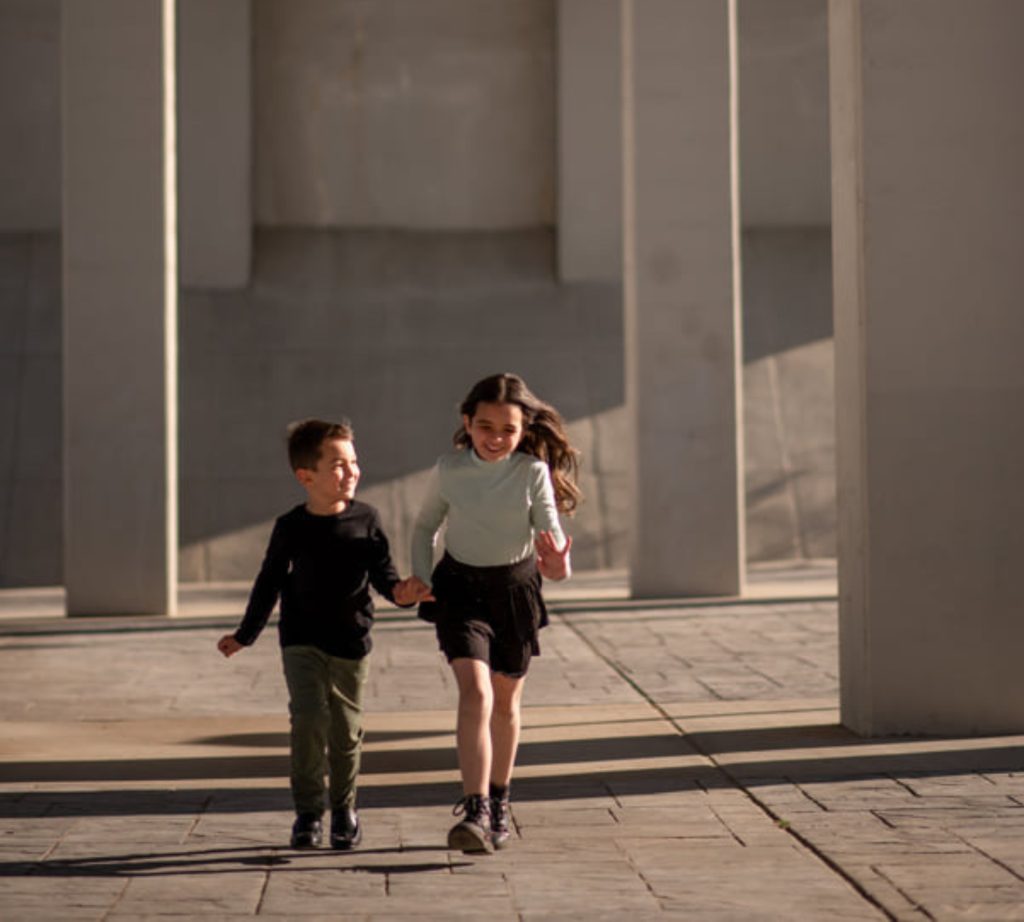
I yell at the kids ALL. THE. TIME.
It’s traumatic for me and I know it’s traumatic for the kids. I also know it stems from my own childhood filled with yelling, from unresolved emotional trauma, and from not using the tools in my self-control toolbox. I am an educated and deeply caring mom and I still can’t stop. Sometimes after an especially hard day, I will stare at them sleeping and vow to be a better mom tomorrow. And every tomorrow, I break that promise.
I want to be funny here and tell you that yelling is the only gosh-forsaken way my kids will listen, but the truth is, I don’t know that because I can’t stop long enough to see if something else will work. And to be honest, there isn’t a single other soul in the world I would ever yell at like I do my children, and that realization breaks my heart. I’m teaching them what kind of communication to accept from someone that loves them and it isn’t exactly the lesson I want.
I read somewhere that the voice with which we speak to our children becomes their inner voice: another tidbit that breaks my heart even more.
I don’t want to give you this image of some momster barrelling through my house screaming at the kids’ faces every day. It’s always a slow build to an inevitable breaking point. Multiple nice, calm teachable moments are disregarded by the kids. A build-up of stress through a day filled with school, work, two dogs, and the pressures of having young kids. Do they change the unwanted behavior when I yell? Yes. But haven’t I set that as the boundary through years of yelling when they hit that imaginary line in the sand? The cold hard truth is that the triggers are my responsibility and as an adult, I drew those lines long ago. We decided rather quickly that spanking wasn’t for us, so the kids know that after the yelling is a real bonafide consequence.
So how do I move that lineup? Where do I set it? What comes before the yelling?
I don’t know the answers to this right now, but I know I can find it with a little help. I think some of it comes from accepting the children we have over the children we want. I have two very headstrong, wild, and opinionated children that will tell you when they’ve been wronged and will speak up when they have something to say. Characteristics this shy girl prayed for. But with the good comes the complicated. Kids are not robots and we have to learn to manage our expectations of their behavior while guiding them through life and keeping our responses in check.

This wasn’t an easy article to write or truth to face. I’m a good mom and I’ve come a long way from being a scared little girl in a very broken, abusive, and alcoholic home. And sometimes I think it’s impossible to break all the trauma cycles I’ve endured in just one generation. But the kids deserve more. My children have not experienced the trauma I have, they won’t understand the comparison, and all they’ll know is their own trauma. A trauma caused by mine.
Where do we (because I know I am not the only one) go from here? Writing this article won’t miraculously teach me how to control myself when I want to yell. The tools are a quick Google away and I’m headed there now. It’s going to take time and a true commitment, one that I think is overdue.

So, to my kids: Tomorrow Mommy promises to do better. You deserve it.
XOXO,
Jessica
If you’re looking for resources, here’s a good start:
Today’s Parent: 10 proven ways to finally stop yelling at your kids
Parents: How to Stop Yelling at Your Kids—and What to Do Instead
Generational Trauma: Breaking the Cycle of Adverse Childhood Experiences






















Saw this on FB with unkind, inexperienced answers, so I feel driven to respond as a fellow yeller.
1) if you’re doing everything else you can do be a gentle and supportive parent who gives your kids autonomy and has a trusting relationship with them, the yelling is not AS harmful as with the whole abusive package. it comes across to the kids as bizarre and out of sync with the rest of you, and they actually trust you (and any negative messaging) less when you yell because you’re being so unlike yourself. breathe. you haven’t broken the kids, and there’s time to recover this effort. as a kid who was given a good foundation but my mom was mentally ill, when my mom would yell as a kid my first thought wasn’t “why is my beloved mommy being so mean to me”, it was “what the heck is wrong with my mom, she’s being weird”
2) you can stop. maybe not cold turkey, but less and less until there’s none. I didn’t think I could, but I did, and I managed to get it under control before my eldest turned 5. the trick for my adhd/ocd brain is never to tell myself I can’t do something or mustn’t. Negative reinforcement doesn’t work. I had to frame it as when is it okay to yell, under what circumstances? Well, if the child is in imminent danger, or is doing something harmful to something or someone else. Not annoying, but actually harmful like hitting someone or yanking the cat’s tail. Before I react (because if it’s not an emergency you DO have time to just not react, just think for a second, you’re allowed) I try to ask myself what approach I want to take. Taking that moment has eradicated 60% of yelling all by itself.
This may sound silly, but it actually helped the most to try to model my behavior after a mom I admire. It’s kinda hard to think of what you want to do, you’re spoiled for choice and will likely just default to raw instinct/habit. Not even kidding I became a MUCH better parent asking myself “what would Chilli do?”, as in Chilli Heeler, the mom from Bluey. I watched the entire series without my kid and that dog has so much real, actually practical mom behavior and tips that are idealized without being unrealistic, it truly worked to model myself after her. You could go for Chilli, or any mom you like the methods of. An aunt, a friend, a cartoon.
You love those kids and they’re worth it. YOU’RE worth it, you deserve the experience of being a mom you dreamed of when you first held those tiny babies.
Comments are closed.